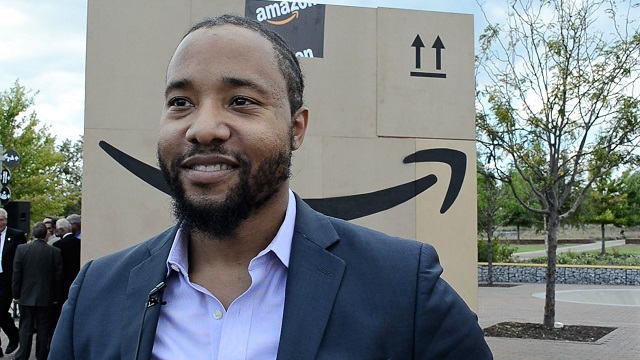As president of TechBirmingham, Deontee Gordon has a front-row seat to the growing innovation economy in the Magic City.
He likes the view.
“It’s exciting to see us going from a city and a region that did a lot of studies to a city and a region that is acting on them now,” Gordon said. “If you look at the major components of a city, of an area – the government, the public, the people, the private sector, your institutions, your philanthropic community – they are all on the same page.
“When I am in these meetings, they are all represented at the table,” he continued. “They have a voice that is being heard and that is being included. I am hard-pressed to think of a time in Birmingham’s history where all of those buckets, those components were at the table and they were playing well in the sandbox together. It’s probably the most exciting time in Birmingham’s history since its inception.”
Deontee Gordon likes what he sees in the inclusion and diversity of Birmingham’s tech growth from Alabama NewsCenter on Vimeo.
That may sound like a bold statement for a place that earned the name the Magic City for its explosive growth. But it’s also a city that earned the nickname “Bombingham” for its explosive hate.
Overcoming that and being seen by many as ground zero for the civil rights movement actually helps Birmingham in the new economy, Gordon believes.
“You look at Birmingham, it makes sense for all of this activity to take place in an area that was known for being the battleground, for leading the entire nation and in so many ways impacting the world,” Gordon said. “I say it time and time again and I hope it’s not hackneyed at this point, but in what better city than Birmingham to do this work? While that particular lens might focus on a certain race, at the end of the day it is still inclusive, and it is inclusive of everybody.”
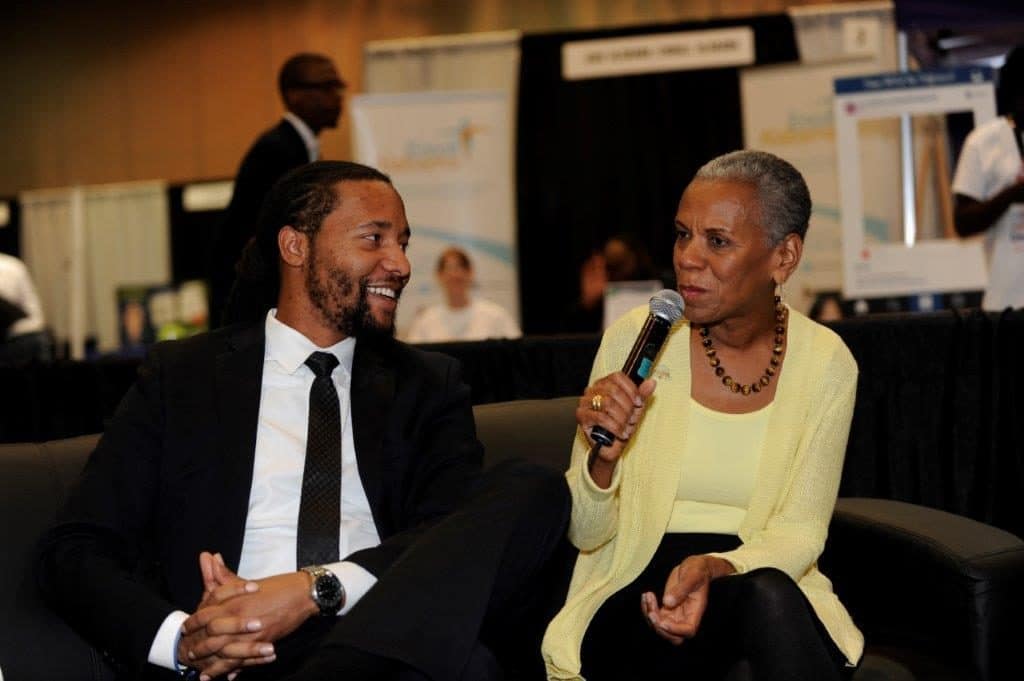
Gordon is among the tech sector leaders in Birmingham who are pushing for the metro area to lead the nation in inclusive innovation – taking the steps to elevate everyone with the knowledge and certifications needed to participate in the tech economy.
TechBirmingham has taken on part of this responsibility with its Kids Code Club and other outreach initiatives to help young people gain skills for STEM (science, technology, engineering and math) and computer coding jobs. TechBirmingham was also instrumental in working with the city of Birmingham, Birmingham City Schools and Lawson State Community College to bring Apple’s Everyone Can Code curriculum to create Birmingham Can Code.
The Innovate Birmingham program is reaching out to young adults ready to take jobs at partner companies. They go through a certification program in partnership with UAB and Innovation Depot to try to produce nearly 1,000 job-ready graduates in the next few years. Many of the participants in its I AM BHAM coding bootcamps and Generation IT bootcamps are from underserved neighborhoods and would not have had an opportunity to pursue tech jobs without the programs.
“What I love about Innovate Birmingham’s approach is that they are not forgetting that local talent base,” Gordon said. “It might be a long-term play, but it is a needed play. That’s how Birmingham separates itself from other cities because we constantly ask ourselves as part of our guiding principles, ‘How does this positively impact everybody.’”
Gordon said he is also in favor of recruiting companies and talent from outside of Birmingham, but to neglect those who are here would ignore a significant asset.
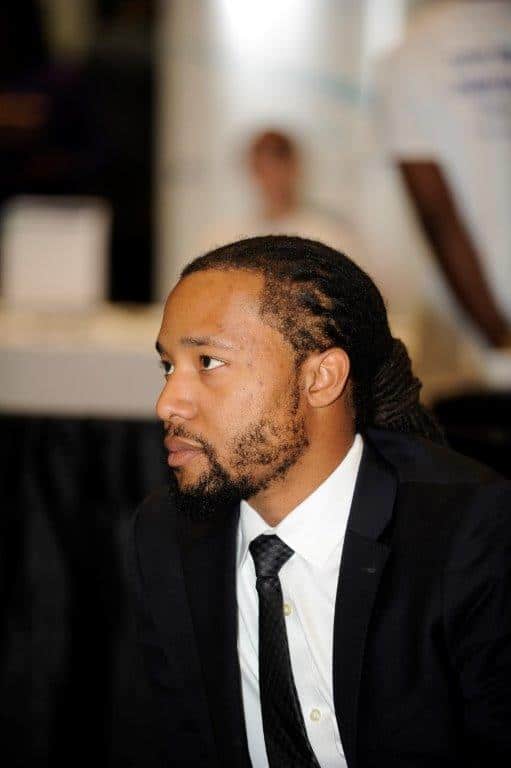
“If you want to look at all of the movement and activity from an historical lens and a cultural lens, the black community, in particular, I believe prides itself on doing a lot with nothing,” he said. “Ingenuity, creativity, being expressive, creating art out of movement and music – something that leaves a legacy built from thin air. To take that creativity, that sense of just unbridled passion and now use technology as a conduit to channel that through, I think it just bodes well.”
For Gordon, it’s not about no longer seeing color. Instead, it is about valuing those colors and contributions you do see.
“I think it is more so about appreciating what every person, what every culture and every group brings to the table,” he said. “There are common threads that bind us all. Obviously, we’re Birmingham goals as a region, we’re Alabama goals as a state. What happens in Mountain Brook will impact somebody in Midfield. What happens in Mobile will impact somebody in Fairhope and Huntsville. To the degree that we can recognize how we are all linked together and bust down those silos, we will be better for it.”
When Gordon talks about inclusive innovation, it’s a matter of “you don’t have to shed who you are to be a part of it,” he said.
It means not focusing on race, gender, age, sexual orientation or other factors when it comes to people’s contribution to the workforce, he said.
“We have a rich tapestry,” Gordon said. “If we recognize that and what those individual groups bring to the table but also weave that in a common thread and narrative, that’s how you change it.”
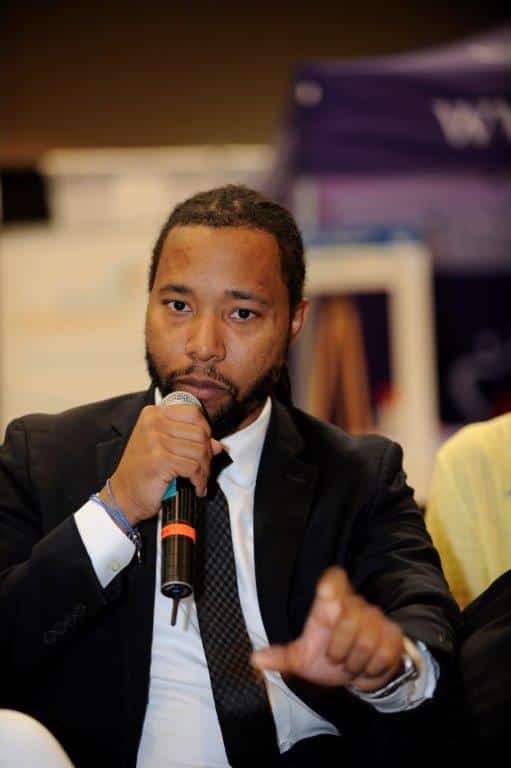
There are efforts underway, Gordon said, to expand education and training outreach throughout the metro area and into rural areas using existing assets like local libraries to elevate under-served populations.
“Whereas a rising tide lifts all boats, we have to recognize that some people don’t have boats,” he said. “If we answer that question and make sure that it’s accessible to everybody, that’s how you change the game.”
And the game is changing with Amazon setting up shop in Bessemer, Mercedes-Benz building electric vehicle batteries in Bibb County, Shipt growing its presence and jobs downtown, DC BLOX building a data center near Titusville, Joonko moving to Birmingham from Israel or companies like Fleetio and Pack Health continuing to grow.
“We have a lot to celebrate, a ton of wins and what’s exciting and encouraging to me is that word is starting to get out,” Gordon said. “When you get here, everybody senses that excitement. It’s palpable. You see it physically through all of the construction and the logos of tech companies going up on buildings now. It validates the fact that we’ve stumbled on something authentic and true.”
It’s that authenticity and diversity that Birmingham can use as currency in inclusive innovation.
“Now, we’re going to lead the nation again in figuring out what true inclusive tech and innovation looks like,” Gordon predicted.
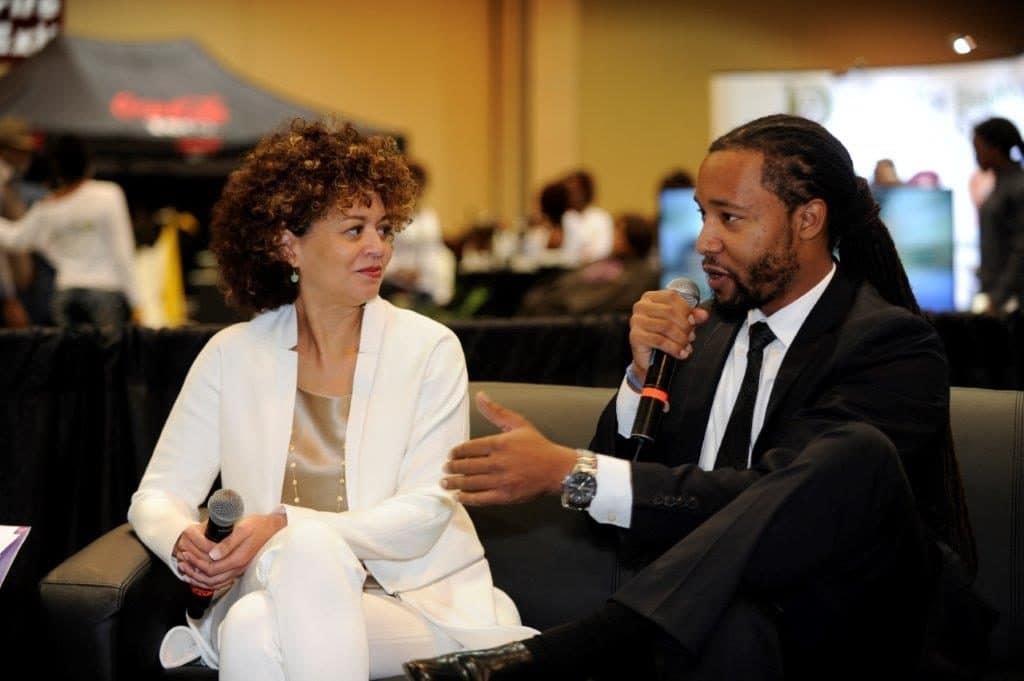
But it is going to mean valuing brain power as much as we value athleticism when it comes to our youth, he said.
“If you look at how we develop athletic talent, there is an intentional pipeline,” he said. “There are probably scouts who can tell you who the next Lebron will be because we are just intentional as a society about identifying and then grooming that talent. Imagine if we took that same emphasis and intentionality to identifying kids who are creative and gearing them toward those tracks; kids who have a proclivity toward computational thinking, coding and grooming them and showering them with all of the resources, all of the opportunities they would ever need to gain employment or create something on their own.”
What’s the payoff?
“If we do this right, you will see a Birmingham that will be positively impacted for generations,” he said. “I believe you will see communities, especially our historic African-American communities, actively participating in this innovation economy, in entrepreneurship, in tech.”
This story was originally published in Alabama NewsCenter.

